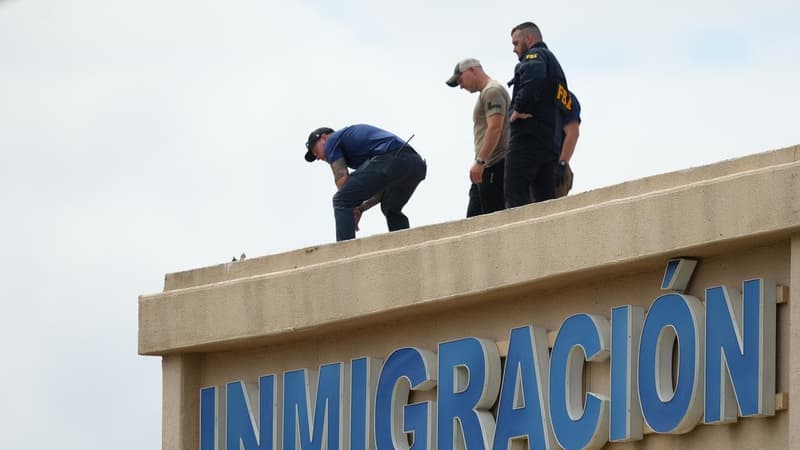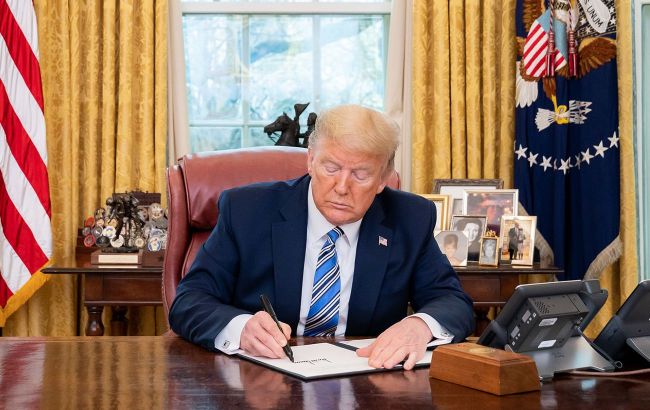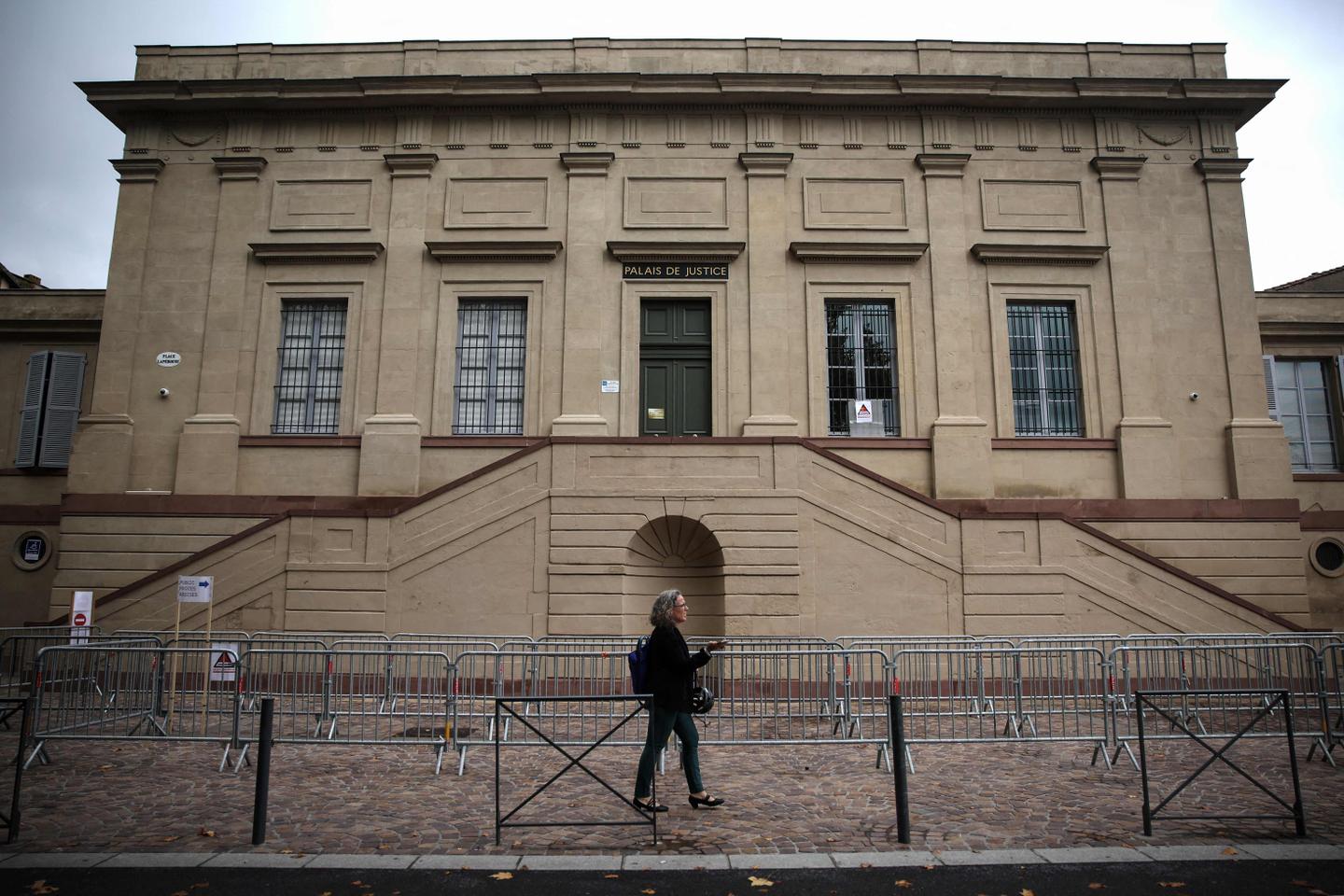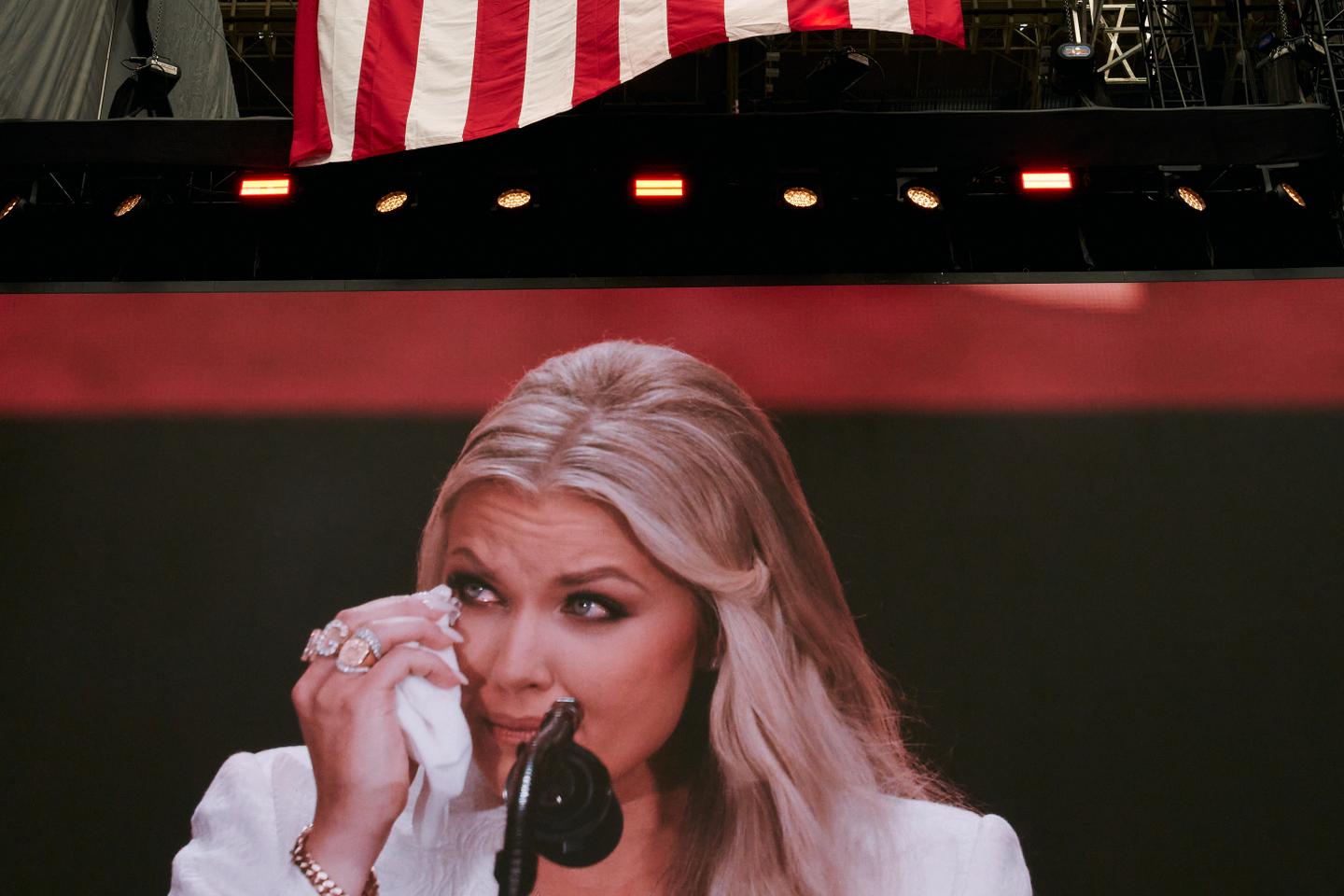Americans Losing Faith in the Nation's Direction: A New Poll Reveals Deepening Divisions
A recent poll by The New York Times and Siena University indicates a significant decline in Americans' faith in the country's ability to overcome its deep divisions. The survey, conducted in September 2025, reveals that only a third of voters believe the United States is still capable of solving its political problems.
Dramatic Shift in Public Sentiment
This sentiment starkly contrasts with data from September 2020, when 51% of voters expressed confidence in the nation's ability to unite and address challenges, even amid the COVID-19 pandemic. Now, that number has plummeted to a mere 33%, signaling a profound shift in public perception.
@nytimes/@SienaResearch poll: Views on the nation's direction remain underwater (RT 36, WD 58, NET-22), a stable trend. The partisan divide: 74% of Republicans say 'right track,' while 91% of Democrats say 'wrong track.' Independents also break 2-to-1 'wrong track' (63%)
According to Travis Brodbeck's tweet analyzing the poll, a significant partisan divide persists, with Republicans and Democrats holding drastically different views on the country's direction. Independents largely lean towards the belief that the country is on the "wrong track."
Polarization and the State of Democracy: Top Concerns
The poll highlights the country's escalating polarization as a major concern for voters. While previously a minor issue, polarization and the state of democracy now rank among the most pressing concerns, surpassing immigration, inflation, and crime. The shift in public perception has been sudden and dramatic. Out of the 1,313 registered voters surveyed, a majority cited these issues as paramount, second only to the economy.
Catalysts for Division: Political Violence and Tragedy
The poll was conducted following the assassination of conservative activist Charlie Kirk at a Utah university. Kirk's killing ignited further political conflict, with President Donald Trump and his supporters using the tragedy to launch attacks against "the left," exacerbating existing divisions.
This incident is just one in a series of political violence and threats, including the arson attack on Pennsylvania Gov. Josh Shapiro's residence, the murder of a Democratic state lawmaker in Virginia, and the shooting of a UnitedHealthcare executive. Trump himself narrowly avoided assassination in July 2024.
Growing Acceptance of Political Violence
The rise in political violence has alarming implications. An April 2024 poll showed that 20% of U.S. adults believed violence might be necessary to steer the country back on course. Within a year, that figure had jumped to 30%, indicating a growing acceptance of violence as a potential solution.
Hope for Unity Remains
Despite the deepening divisions and rising pessimism, most Americans still don't view each other as enemies. The Times reports that only a small percentage of Democrats and Republicans consider their political opponents adversaries, suggesting that hope for unity persists.
“Stuff has gotten out of hand,” Al Heymann, a Trump supporter from Louisiana, told the Times. “It’s just pulling sides apart when we really need to come together to make things happen. But neither side wants to do that.”
 Visit the website
Visit the website







